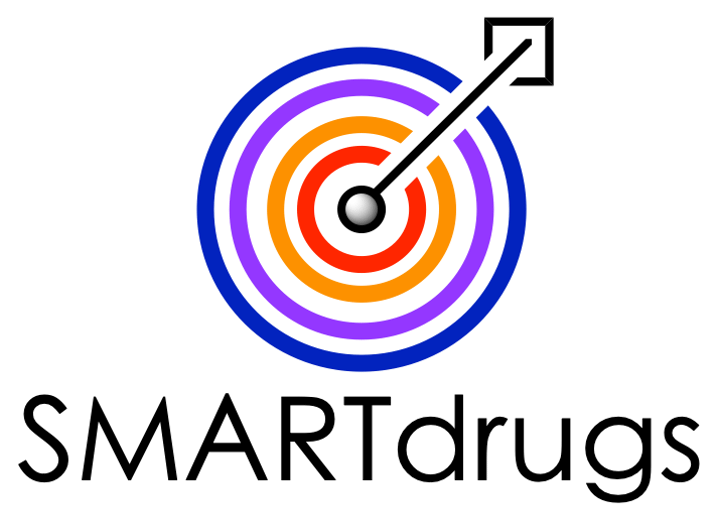Prof. Dr. Angela Casini
Dr. Claudia Schmidt (Senior research associate)
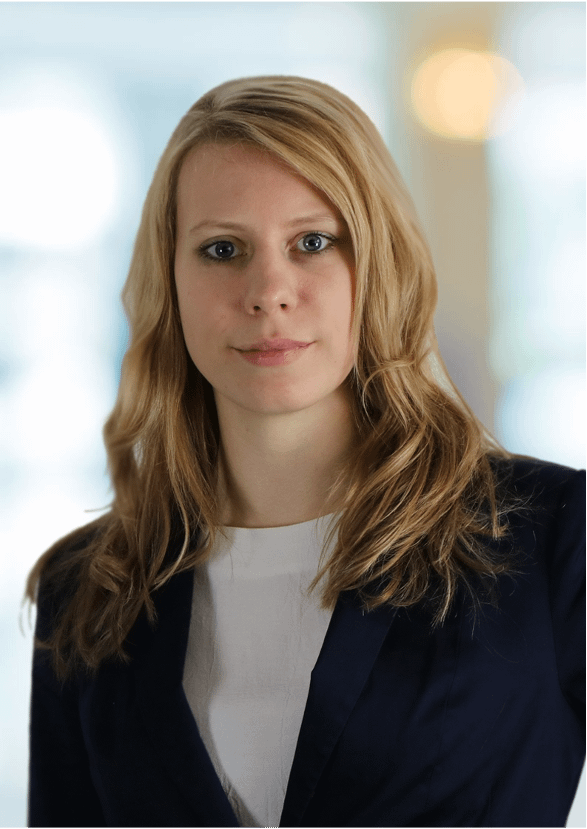
Claudia’s academic journey commenced with a study in pharmacy, and in the successful completion of her doctoral thesis in pharmaceutical and medicinal chemistry in 2017 under the guidance of Prof. Dr. Ingo Ott at the Technical University of Braunschweig, Germany. Her research endeavors during this period focused on the bioanalytical assessment of N-heterocyclic carbene organogold(I) compounds, exploring their potential as antitumor therapeutics and antibiotics. Concurrently, she pursued a training to become a proficient pharmacist specialising in pharmaceutical analytics.
Transitioning to the postdoctoral phase, Claudia joined Prof. Dan Gibson’s research group at the Hebrew University of Jerusalem in Israel in 2018, where her work centred on the development of Pt(IV) coordination complexes.
Since 2020, Claudia has been an integral part of Prof. Angela Casini’s group at the Technical University of Munich, Germany. Her current research interests lie in exploring the biochemical aspects of cyclometalated Au(III) compounds, specifically their catalytic properties as enzyme inhibitors and protein tags. Furthermore, she is engaged in the exploration of modifications to supramolecular metallacages for potential biomedical applications.

Dr. Guillermo Moreno-Alcántar (Funded by SMARTdrugs)
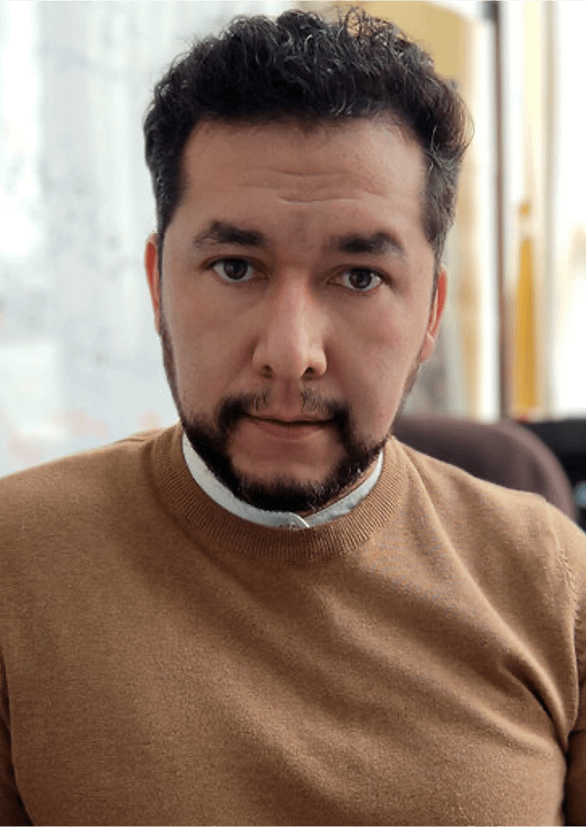
Guillermo got his PhD in Chemistry at Universidad Nacional Autónoma de México in 2018 under the supervision of Prof. Dr. Hugo Torrens, working in the study of supramolecular interactions and photophysical properties of gold(I) and silver(I) compounds. From 2018 to 2020, as a Postdoctoral Fellow in the group of Prof. Luisa De Cola at the Institut de Science et d’Ingénierie Supramoléculaires in Strasbourg, France, he studied the possibilities of controlling self-assembly processes of luminescent platinum-based coordination compounds by using tangential agents such as the media composition and nanoparticle hosts. In 2021-2023, he was Carl Friedrich von Siemens Research Fellow of the Alexander von Humboldt Foundation hosted by the groups of Prof. Angela Casini and Prof. Roland Fischer at the Technical University of Munich. His current research focuses on developing smart materials based on supramolecular coordination complexes for biomedical applications.
Dr. Darren Wragg
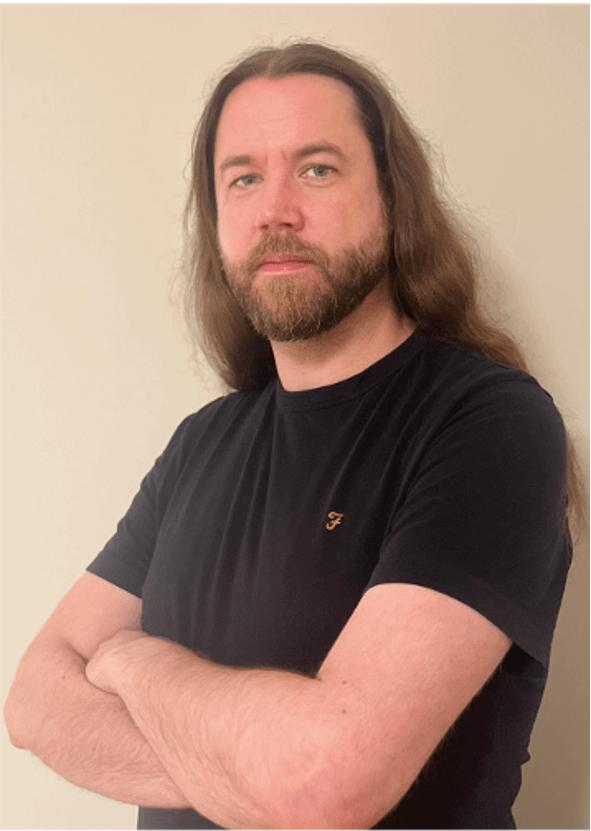
Darren obtained his master’s degree in Drug Chemistry from Newcastle University, including the subjects of organic synthesis, toxicology, radiochemistry and therapeutics. He then moved into the field of theoretical chemistry for his PhD at Cardiff University under the joint supervision of Prof. Angela Casini and Dr. Stefano Leoni. Here he worked on atomistic molecular dynamics calculations of biological mechanisms, ligand/target interactions and enhanced sampling methods for free energy calculations (metadynamics), including forcefield building and parametrisation.Darren now works as a post doc at the Technical University of Munich working on the enhanced sampling of biological targets, host/guest interactions, free energy methods, DFT and docking calculations. He also supervises students in computational methods related to biochemistry and ligand/drug development.
Dr. Íñigo Iribarren Aguirre
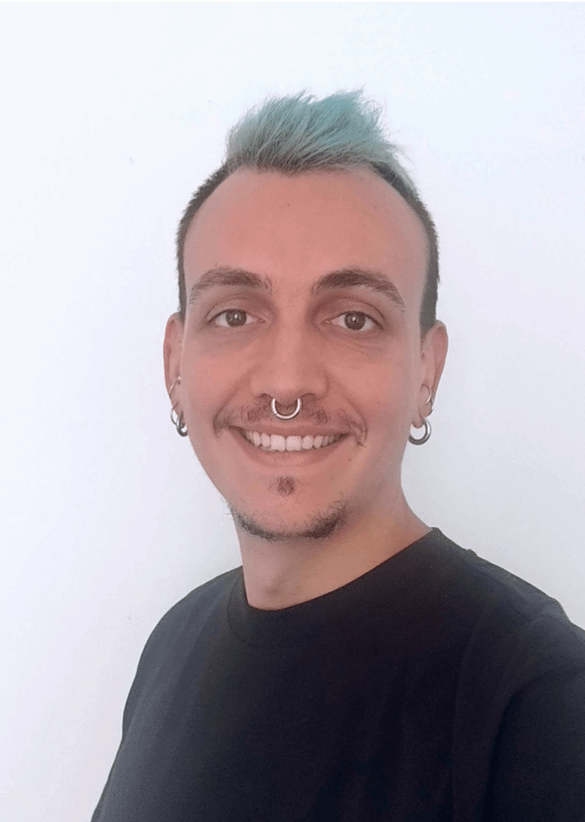
Íñigo obtained his master’s degree in Theoretical Chemistry and Computational Modelling from Universidad Autonoma de Madrid. During this time he worked on different projects with Prof. Ibon Alkorta, from the Instituto de Quimica Medica, and Dr. Julia Contreras, from the Laboratoire de Chimie Theorique, focusing on the properties of different Non-covalent interactions. He moved to Dublin for his PhD at Trinity College under the supervision of Dr Cristina Trujillo. There he worked on the computational design of asymmetric organocatalysts for different reactions, reinventing the design workflow and moving from a retrospective approach, where computational chemistry was used as a mere tool to validate experimental results, to a prospective approach in which computational methods were the driving force of the designing process. Inigo currently works as a postdoctoral researcher at the Technical University of Munich with Prof. Angela Casini and Prof Alessio Gagliardi on the machine learning-powered design of supramolecular metallacages as drug delivery system.
Julia Stebani (PhD candidate)
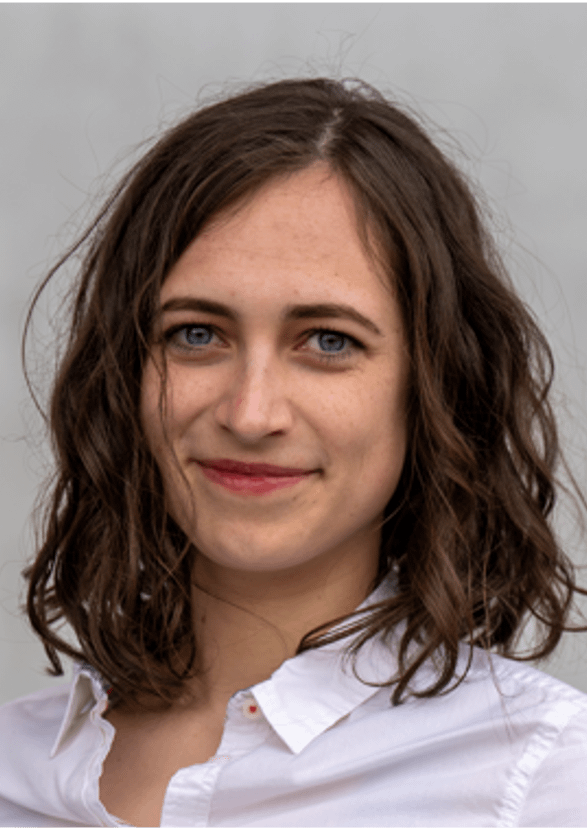
Julia obtained her master’s degree at TUM under the supervision of Prof. Angela Casini focussing on the design and synthesis of supramolecular coordination cages (SCCs) as novel drug delivery systems. For her PhD she now works on the computational investigation of supramolecular drug encapsulation and solvation effects regarding the SCCs using Molecular Dynamics, enhanced sampling methods, supervised by Prof. Angela Casini and Prof. Phaedon-Stelios Koutsourelakis. Owing to her experimental background, she works on the interface of experiment and theory, bridging both parts with a strong focus on Machine Learning-enhanced workflows.
Nina Willnhammer (PhD candidate – Funded by SMARTdrugs)
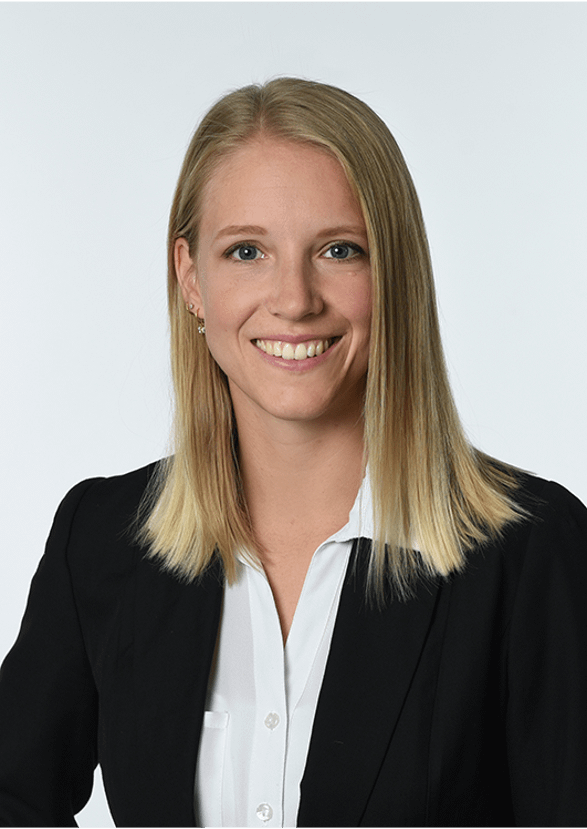
Nina obtained her master’s degree at TUM under the supervision of Prof. Angela Casini focusing on the design and synthesis of metallacage-based bioactive materials for anti-cancer therapy. For her PhD she now works on the chemical design and synthesis of cancer-targeted radiopharmaceuticals for applications in diagnostic imaging and radiotherapy, supervised by Prof. Angela Casini and Dr. Guillermo Moreno Alcántar.
Marike Drexler (PhD candidate)
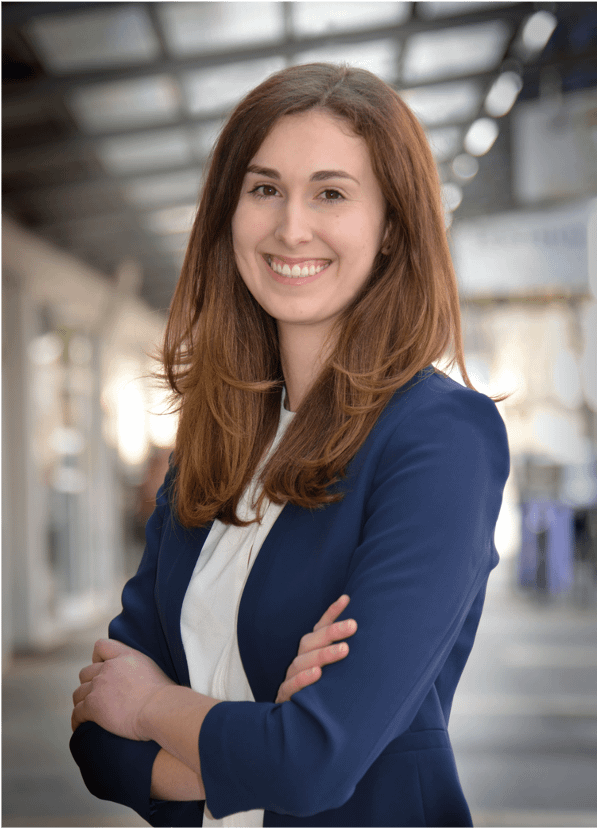
Marike studied chemistry at Technical University of Munich and obtained her master’s degree under the guidance of Prof. Angela Casini where she synthesized and evaluated palladium-based metallacages exo-functionalized with gold(I)-N-heterocyclic carbenes as drug delivery systems. As a PhD candidate supervised by Prof. Angela Casini, she now works on the design of homoleptic and heteroleptic supramolecular coordination complexes for the application as theranostic agents. In her project, she bridges organic and peptide synthesis, coordination chemistry as well as pharmaceutical radiochemistry.
Daniela Krauss (PhD candidate – Funded by SMARTdrugs)
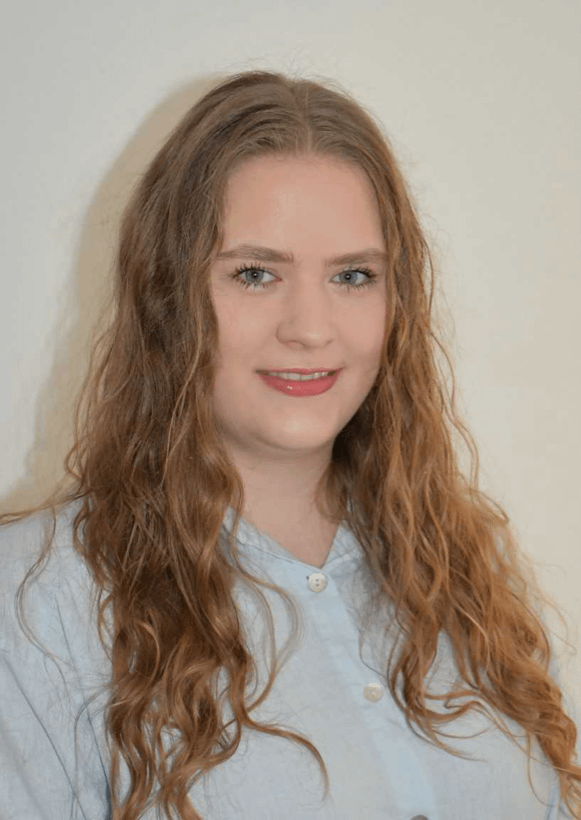
Daniela obtained her master’s degree at TUM under the supervision of Prof. Angela Casini, focusing on the design and synthesis of self-assembled radio-theranostic agents of the metallacage family. Her PhD focuses on the chemical design and synthesis of cancer-targeted radiopharmaceuticals for applications in diagnostic imaging and radiotherapy, supervised by Prof. Angela Casini and Prof. Shigeyoshi Inoue. In her work, she also aims at the development on new versatile Silicon-Fluoride based Acceptors (SiFAs) for Fluorine-18 isotope exchange.
Proudly powered by WordPress

